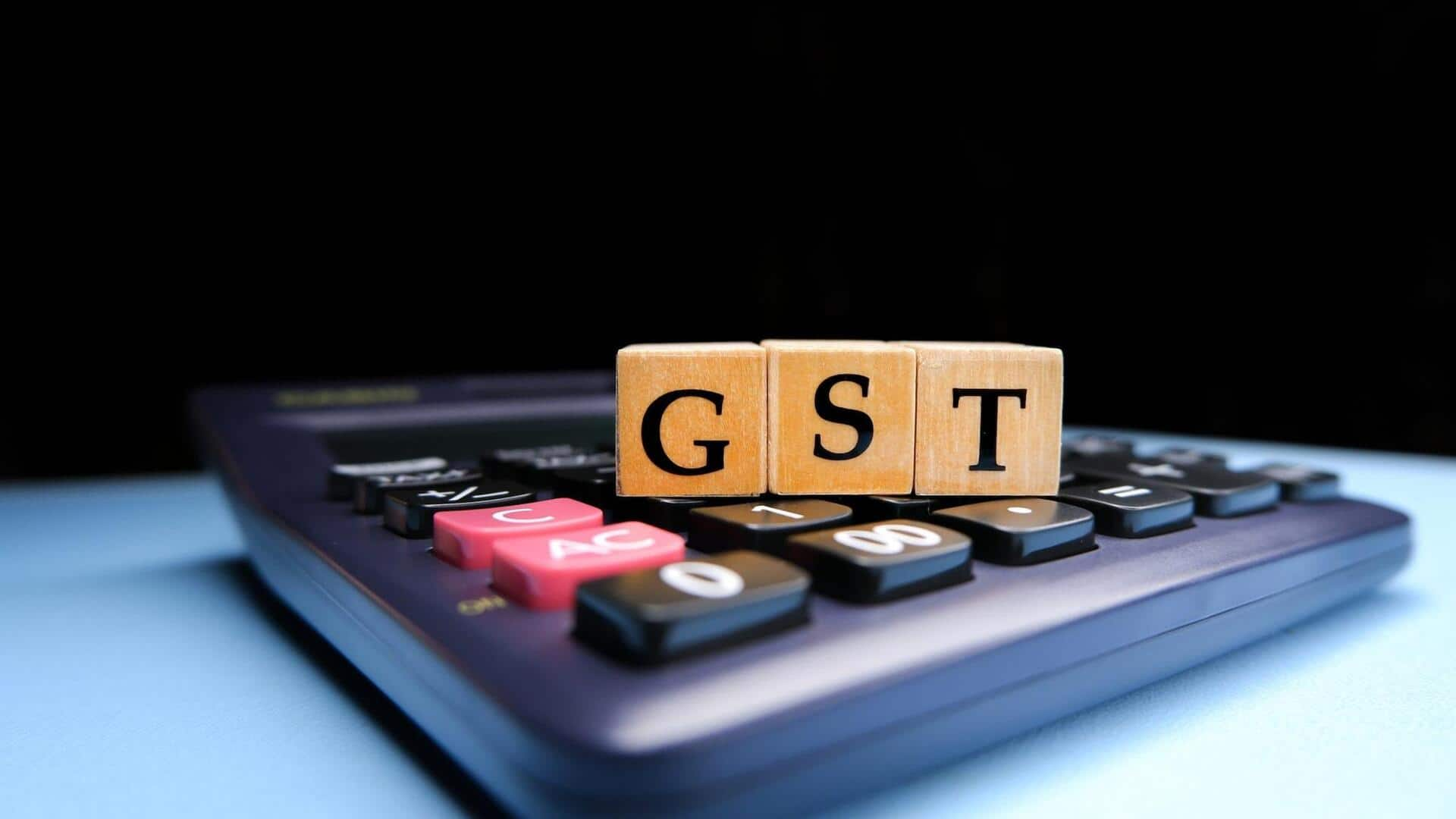
Payment aggregators receive GST notices for transactions below ₹2,000
What's the story
Leading payment aggregators BillDesk and CCAvenue have been issued notices by the Goods and Services Tax (GST) authorities. According to Economic Times, the notices demand GST on fees charged to merchants, for processing digital transactions below ₹2,000. Vishwas Patel, Joint Managing Director of Infibeam Avenues that operates CCAvenue, acknowledged receipt of a "show-cause-cum-demand notice" from the authorities.
Tax exemption
Over 80% of India's digital payments are below ₹2,000
Over 80% of all digital payments in India are valued at less than ₹2,000. Payment aggregators have not been levying tax on services provided to merchants for such transactions. This practice follows a government notification issued during the demonetization period in December 8, 2016. The GST authorities are now seeking tax from fiscal year 2017-18 onward, coinciding with the introduction of the GST regime.
Anticipated notices
GST Council may issue clarification on taxing such transactions
The GST Council is expected to provide clarification on taxing such transactions after its meeting next week. An anonymous CEO of a payments firm stated that they are expecting notices as well, as the entire industry has been following government norms by not charging merchants and paying GST on digital payments transactions below ₹2,000. The exact amount of GST being demanded remains uncertain at this point.
Industry impact
Tax demand could reach hundreds of crores
The CEO estimated that companies processing transactions worth billions of dollars annually, could face tax claims amounting to a few hundred crore rupees for all these years. This issue pertains only to transactions done via debit cards, credit cards, and net banking. UPI and RuPay debit card payments are exempt from this as they are offered with zero merchant discount rate or transaction fee under government orders.
Exemption details
Tax exemption was based on 2016 government notification
The tax exemption was based on a December 8, 2016 government notification, that stated services by an acquiring bank related to settlement of an amount up to ₹2,000 in a single transaction through credit/debit card, charge card or other payment card service would not attract taxes. An "acquiring bank" could be any financial institution enabling digital payments at merchant outlets.
Continued practice
Industry continued practice despite no explicit relief
Despite the tax relief being offered during the pre-GST service-tax era and no explicit relief provided after GST was imposed on July 1, 2017, the industry continued with this practice. A founder of a major merchant payments firm stated that if tax authorities now demand GST, they will have to retroactively charge merchants for all these years, a task they described as "humongous."
Industry response
Industry body reaches out to authorities over GST notices
Vishwas Patel, also the Chairman of the Payments Council of India, confirmed that the industry body has contacted the Finance Ministry and other relevant authorities about this issue. He expressed hope that the finance minister and GST Council would help resolve this problem, as it could potentially disrupt financial stability of small merchants, and impact their confidence in digital payments.